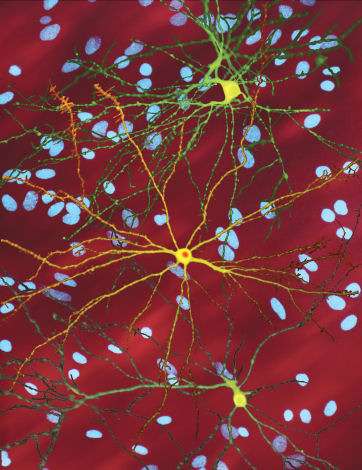Financial Challenges for Cancer Survivors Facing High-Cost Immunotherapies, Especially Blood Cancer Patients

New research uncovers the financial hardships faced by cancer survivors, especially those with blood cancers, due to the rising costs of immunotherapy treatments. The study highlights the need for better support systems to ensure treatment accessibility.
A recent study published in the Journal of Cancer Survivorship highlights the significant financial burdens faced by cancer survivors undergoing expensive immunotherapy treatments. The research reveals that these high-cost therapies, despite their clinical benefits, can lead to increased financial hardship, making it difficult for patients to afford ongoing care and medications. Notably, blood cancer survivors, such as those with leukemia or lymphoma, are disproportionately affected, experiencing a nearly 24 percentage point rise in inability to pay for medical care and a 43 percentage point increase in medication non-adherence due to cost constraints.
The study focused on Medicare-enrolled older adults who received infusion or oral immunotherapies between 2010 and 2020, emphasizing the growing prevalence and costs of these treatments. Senior author Cathy Bradley from the Colorado School of Public Health emphasizes the importance of understanding whether insured patients can truly afford their treatments as drug prices continue to climb.
While it is known that many cancer patients face financial difficulties, this research specifically underscores the strain caused by immunotherapy, a key breakthrough in oncology. The findings suggest that even insured patients struggle with out-of-pocket expenses, a concern that is especially pressing for blood cancer survivors who experience greater economic challenges.
The results call for urgent policy and support interventions to reduce the financial barriers to essential cancer treatments. Addressing these issues is crucial to ensuring that patients do not have to choose between financial stability and vital medication adherence, ultimately aiming to improve access to lifesaving therapies.
Stay Updated with Mia's Feed
Get the latest health & wellness insights delivered straight to your inbox.
Related Articles
Promising Advances in Gene Therapy Offer New Hope for Huntington's Disease Patients
A new gene therapy trial shows promising results in slowing Huntington's disease progression, offering hope for affected families worldwide.
Understanding Vascular Dementia: How Blood Vessel Health Impacts Brain Function
Vascular dementia is caused by blood vessel problems in the brain. Managing risk factors like high blood pressure, cholesterol, and lifestyle choices can help prevent this common form of dementia and preserve cognitive function.
Artificial Light Disrupts Natural Connection Between Menstrual Cycles and Lunar Phases, Study Finds
A groundbreaking study reveals that artificial lighting diminishes the natural synchronization of women's menstrual cycles with lunar phases, potentially affecting fertility and health.
Uncovering the Genetic Roots of Late-Onset Cerebellar Ataxia
New research uncovers the pivotal role of the RFC1 gene in cerebellar development, providing insights into the origins of late-onset ataxias and potential pathways for early diagnosis and treatment.



